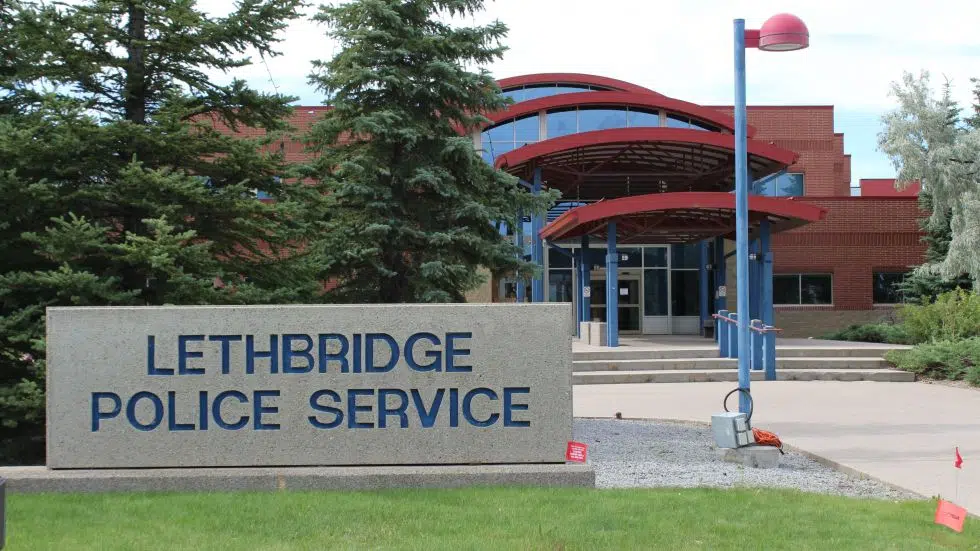
Finance Committee green lights Watch Program, other LPS asks, as budget deliberations roll along
LETHBRIDGE – The first big-ticket items for the Lethbridge Finance Committee were adopted into the proposed 2019-2022 Operating Budget on Wednesday, Nov. 21.
They voted 7-2 in favour of approving $1,660,500 million through taxation, savings in the existing operating budget and one-time Municipal Revenue Stabilization Reserve funding in 2019 for N-38: Special Constables/Community Peace Officers.
Moving forward after 2019, the costs would come through taxation and savings in the existing operating budget.
Councillors Joe Mauro and Belinda Crowson voted against the initiative. Recruiting for regular police cadets has already begun, and it’s anticipated that offers of employment will be made by Dec. 2018.


